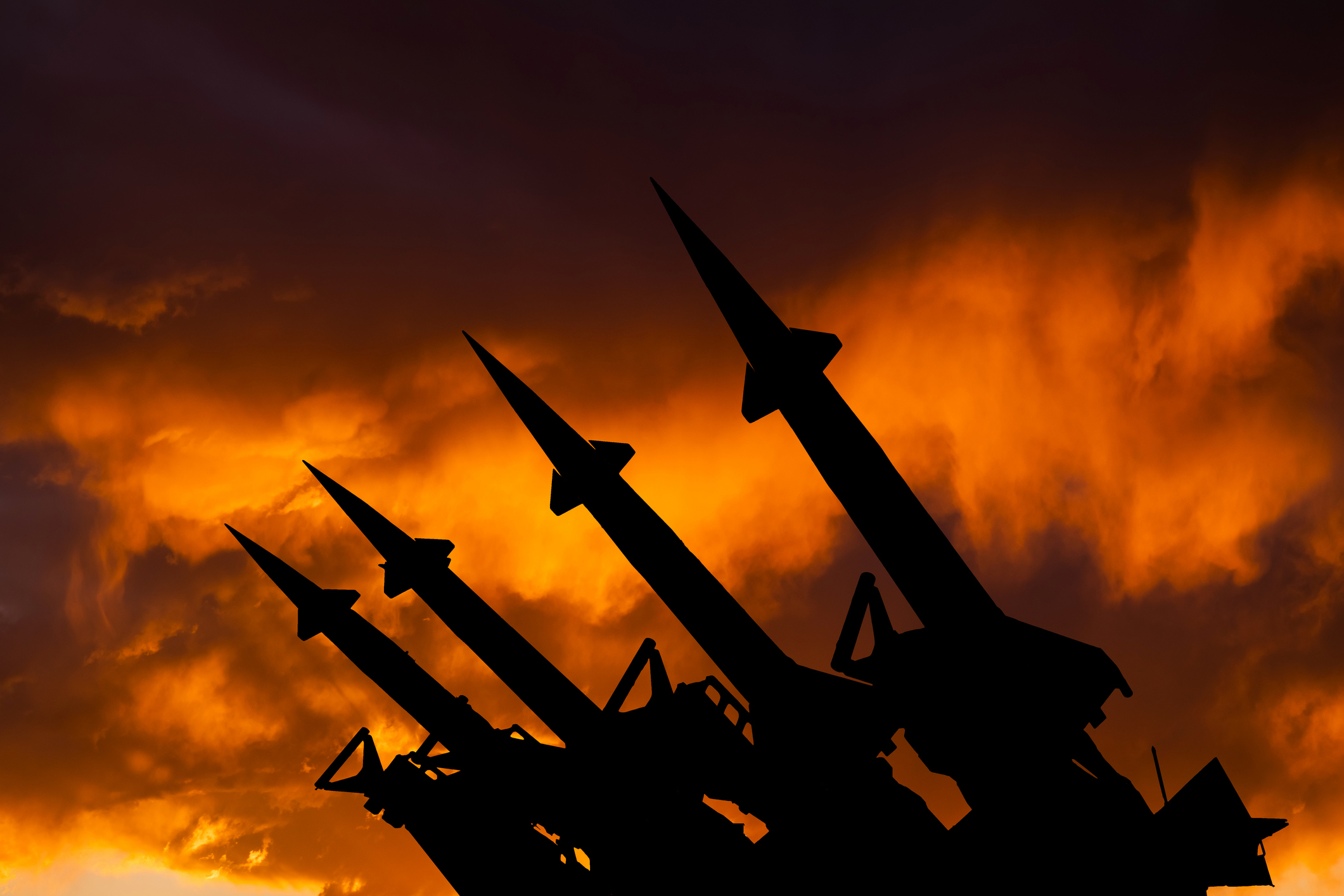Russia and its ally Belarus are carrying out exercises to practise the deployment of tactical nuclear weapons.
What are these weapons, how might they be used and what do we know about the drills?
WHAT ARE TACTICAL NUCLEAR WEAPONS AND HOW POWERFUL ARE THEY?
Tactical nuclear weapons are intended for battlefield use, as opposed to strategic weapons designed to be fired across vast distances to wipe out enemy cities. The underlying physics is the same, using nuclear fission and fusion reactions to release vast amounts of energy. The destructive power of tactical nuclear weapons, while typically smaller than strategic weapons, is still comparable with the atomic bombs used by the United States to destroy the Japanese cities of Hiroshima and Nagasaki at the end of World War Two.
HOW MANY DO RUSSIA AND THE U.S. HAVE?
The United States has about 200, half of which are at bases in Europe. Russia has about 1,558 non-strategic nuclear warheads, experts at the Federation of American Scientists estimated in March. These could be delivered by different means including being dropped as bombs or fitted to a variety of missiles that are capable of carrying either nuclear or conventional warheads.
WHAT DO THE RUSSIAN EXERCISES LOOK LIKE?
Russia said the first phase, conducted last month, involved Kinzhal and Iskander missiles. It took place in the southern region of Akhtubinsk, according to geolocation confirmed by Reuters. Video released by the defence ministry showed convoys of vehicles transporting Iskanders and presumably the nuclear warheads intended to be fitted to them. The warheads were blurred in the video. It also showed a Tu-22M Backfire bomber plane and a MiG-31K fighter, both capable of carrying the hypersonic Kinzhal. Video of the second phase on Tuesday showed an Iskander system being driven into a field and the missiles raised into position, as well as MiG-31 supersonic interceptors and Tupolev Tu-22M3 long-range supersonic bombers.
WHY IS RUSSIA HOLDING THE DRILLS?
Russia says such exercises are normal practice but that they were made necessary by what it sees as hostile actions by the United States and its European allies. Moscow said last month it hoped the drills would cool “hotheads” in Western capitals, after French President Emmanuel Macron raised the possibility of sending European troops to fight with Ukraine against Russia and British Foreign Secretary David Cameron said Kyiv was free to use Western-supplied weapons against targets on Russian territory. Western nuclear experts say Russia is sending a signal aimed at deterring NATO from wading more deeply into the Ukraine war.
WHAT WOULD BE THE AIM OF USING A TACTICAL NUCLEAR WEAPON?
Experts say the point would not be to capture territory, because the use of such a weapon would create a poisoned radioactive wasteland. Rather, some believe Russia might use one in a scenario where its troops were in retreat and facing a major defeat. In a report for the International Institute for Strategic Studies in January, former Pentagon and NATO official William Alberque said Russia might consider using a non-strategic nuclear weapon (NSNW) to “sober up” the West and coerce it into resolving a conflict on Moscow’s terms, calculating that the U.S. would be unwilling to cross the nuclear threshold in retaliation. President Vladimir Putin said last week that Russia would be able to achieve victory in Ukraine without resorting to nuclear weapons.
HOW WOULD WE KNOW IF A TACTICAL NUCLEAR WEAPON WAS USED?
Experts say preparations to launch one would probably be visible to Western military intelligence satellites, as it would involve the kinds of steps seen during the exercises, including moving warheads from a central storage facility. These would take place over a number of hours, with Russian command and control centres being placed on high alert.
From the point of view of Russia’s adversary, incoming missiles carrying tactical nuclear warheads would be indistinguishable from the types of missiles with conventional warheads that Russia has been firing at Ukraine for more than two years. But an actual nuclear strike would be clearly identifiable by the scale of destruction, the seismic shock and the massive release of radiation.
(Reuters)










